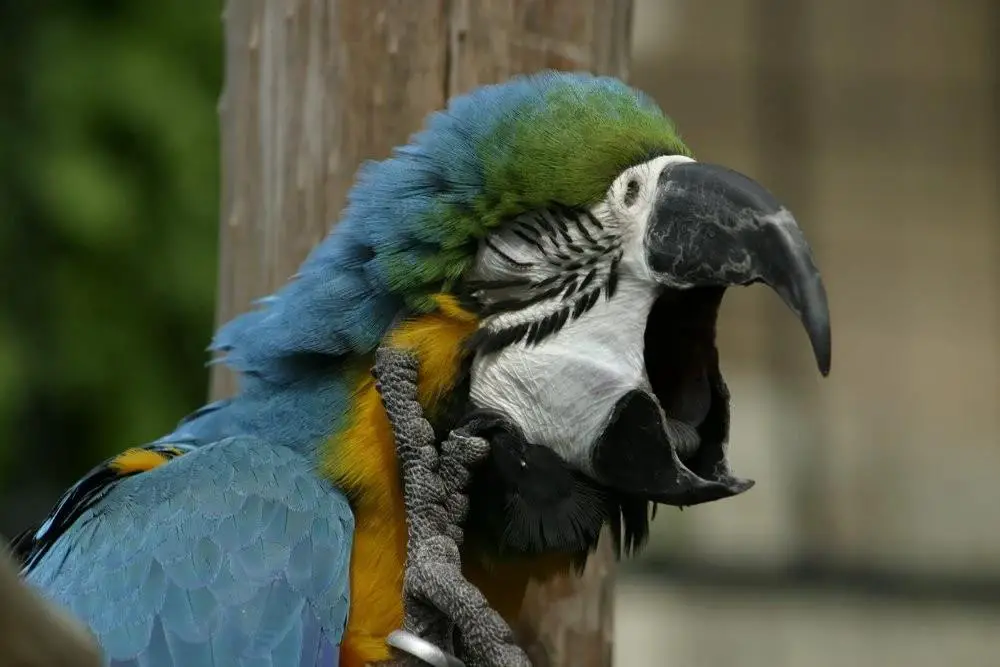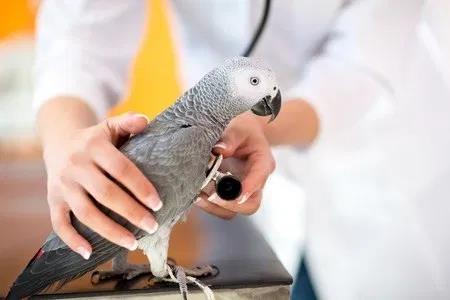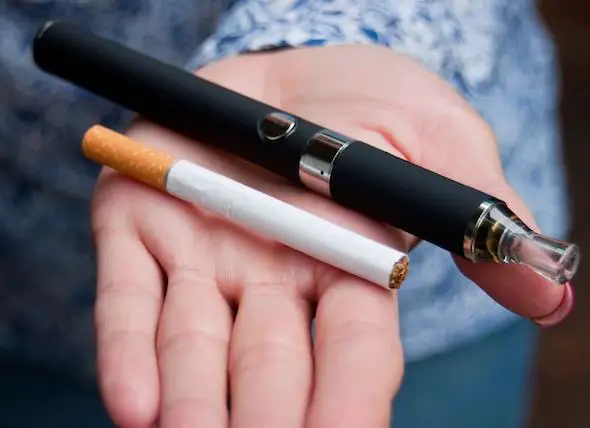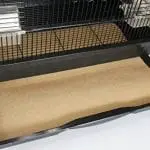Most people are aware of the dangers of smoking cigarettes. This is actually one of the causes of serious health conditions, such as respiratory illnesses and heart diseases. Whether you are the one who smokes or you just inhale the smoke, there will surely be a negative impact on your health if you are constantly being exposed to it. Since the smoke from the cigarette greatly affects humans, will it also affect your animals?
There was a lot of researches and experiments conducted to know if secondhand and even thirdhand smoke affects animals as well. Most information and results from the researches conducted all point out that cigarette smoke also has a negative impact on domesticated animals, especially to birds, which has a very delicate respiratory system. In this article, we’ll know more information about the direct impact of harmful smoke when your bird is exposed to it.
What is Secondhand and Thirdhand Smoke to Birds
The secondhand and thirdhand smoke to birds comes usually comes from a cigarette. Cigarette smoke contains thousands of chemicals that are in the form of particulates or gas. These chemicals that are contained in cigarette smoke are ammonia, formaldehyde, cyanide, methane, arsenic, carbon monoxide, and other chemicals, so when a bird breathes in a cloud of cigarette smoke, it means that it also breathes in these toxic chemicals.
The effects of cigarette secondhand smoke on humans as well as to birds are quite the same because the carcinogen level is more enhanced; that is why it also has wide side effects. It would be a secondhand smoke of the bird directly inhales the smoke through its lungs that affect its respiratory system while it would be a thirdhand smoke if the smoke residue stays in the bird’s cage, toys, perch as well as into the bird’s feathers that would also cause other irritations and infections.
How to Know if Your Bird is Affected by Secondhand Smoke?

The most prominent effects of secondhand smoke are directed into the respiratory functions of the bird, and it is only detected through obvious signs and through different laboratory tests such as complete blood count and ultrasound to be sure about where the damage is exactly manifested to know the right treatment. If the secondhand smoke’s effect is on the physical aspect, your bird also shows behavioral problems such as feather plucking and other damaging behaviors such as biting of its legs and feet.
These are some of the signs that your bird has infected with secondhand or thirdhand smoke any type of breathing difficulties, Digestive problems such as diarrhea and vomiting, excessive or unusual salivation, cardiac abnormalities, or changes in its feathers colors.
Parts Affected When the Bird is Exposed to Smoke
- Respiratory System and Digestive System
The bird’s respiratory system is intricate and highly sensitive. The lungs of the birds play an important role that enables them to have a smooth flight. When they have respiratory infections, some of the parts of their body, such as their digestive system. Respiratory infections reach their digestive system because the air sacs extend throughout the bones; that is why when the air enters and expelled, the air sacs extend its muscles into the walls of the digestive system directly, so the infection is easily transmitted.
The air sacs should be clean and lightweight; if it is filled in with chemical dust from cigarette smoke, not only that, the bird will have difficulties breathing, but it will be heavy that the bird will have a hard time flying. When the respiratory infections reached the digestive system, the bird will have no appetite for food and would even refuse to drink.
- Feathers
When the smoke from your cigarette reaches the bird’s cage, its particles will stick into your bird’s cage bars, perches, toys, food, and even into their feathers. When the feathers catch up this smoke, the bird will have greasy, dingy, and dirty feathers that may cause irritations into their skin directly causing feather plucking. Your bird will also easily get infections when their skin gets the particles from the cigarette smoke when they molt their feathers.
The smoke is not only transferred into the bird’s cage and feathers through the smoke suspended into the air, but it is also transmitted when you handle the bird just after smoking without washing your hands. If you notice that there are smoke particles into your bird’s feathers and its cage, clean it up immediately and bath your bird to avoid any contaminations.
- Eyes
Since the smoke from the cigarettes and through other chemical-based objects that emit smoke contains harmful chemical particles, it is not only trapped into the bird’s feathers, but it also goes into the bird’s eyes. When there are smoke particles into your bird’s eyes, it causes irritations that cause blurry vision and worst; it may lead to blindness if the bird is continuously being exposed to harmful smoke.
How to Treat Secondhand Smoke in Birds

There are some manifestations that your bird is already affected by secondhand smoke. If your bird is already suffering from respiratory illnesses such as pneumonia, breathing problems, and lung cancer, the veterinarian would usually give the bird antibiotic treatment until the health situation gets better. Oxygen, nutrients, and fluid therapy are also necessary if the antibiotic doesn’t seem to take effect.
When the infection is external, it is important to clean the surroundings to avoid worsening the problem. Make sure to bathe the bird to remove any dirt in its feathers and also clean and sanitize the cage as well as all the accessories in it. When the effects of secondhand smoke affect the immunity of the bird, and there is no way for their situation to be better, they are euthanized to stop the pain that they are experiencing.
Tips in Protecting Your Bird From Harmful Smoke
- You may need to have multiple evacuation sites at homes to be sure that if in case that you have visitors that smoke, you can easily transfer them in an area where they cannot inhale any smoke.
- When somebody smoked near their cage, immediately bath the bird and clean its cage and all accessories in there since the smoke travels through the air, there is a high possibility that the smoke will be trapped into the cage as well as into the bird’s feathers.
- Placing the bird’s cage outdoors is ideal for it to inhale the fresh air, that is why it is important to choose a spot where there is no possibility that they can inhale smoke from a cigarette.
- The most important tip to protect your bird from harmful cigarette smoke is to stop smoking; this will not only benefit your bird but your health as well.
Final Thoughts
Deciding to take a bird into captivity entails great responsibility not only by means of providing its needs but by making sure that your ways are suitable for them to live comfortably even though it would mean giving up your vices. Birds are small creatures that also have fragile bodies; that is why proper care is needed if you want to enjoy their presence for a long time. You must put away all the factors that will cause negative effects on their health.


